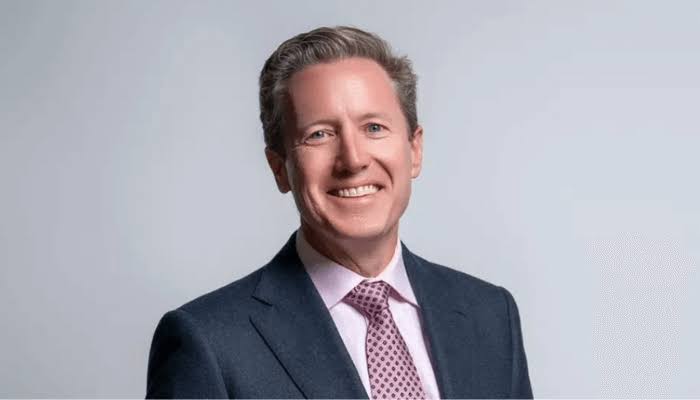In a strategic leadership shift aimed at accelerating its regional energy ambitions, the Dangote Group has appointed David Bird, a seasoned oil industry executive, as the Chief Executive Officer of its fuels and petrochemicals division. The move comes as the conglomerate ramps up efforts to stabilize and scale operations at its flagship $20 billion refinery in Lagos, Nigeria.
Bird officially assumed his role in July 2025, bringing with him a wealth of global refinery experience, most notably from his tenure at Oman’s Duqm Refinery; a complex he helped lead from construction to commissioning.
The appointment signals a turning point for the Dangote Refinery, which was commissioned in January 2024 and is the world’s largest single-train facility with a nameplate capacity of 650,000 barrels per day. Bird’s leadership is expected to focus on maximizing output, addressing operational bottlenecks, and steering the company toward dominance in Africa’s refining market.
“My focus will be on maximising refinery output and operational efficiency while advancing the group’s footprint continent-wide,” Bird stated in a LinkedIn post following his appointment.
Challenges at a Crucial Juncture
Bird steps into the role at a time when the refinery is experiencing what analysts describe as a “strategic inflection point.” While the complex has significantly cut Nigeria’s dependence on imported fuels, it continues to face technical challenges, including unit upsets and lingering design flaws that have slowed its progress toward full capacity.
According to S&P Global, the Dangote facility was Nigeria’s only functioning refinery in July 2025, exporting an estimated 220,000 barrels per day of refined products, including jet fuel (45%), gasoil (24%), and residual fuel (13%). Other state-owned refineries under the NNPC umbrella remain non-operational.
The facility also contends with regulatory constraints. Although Nigeria has officially ended fuel subsidies, insiders note the persistence of market distortions and rent-seeking practices. Complicating matters further is a naira-denominated crude supply deal with NNPC, which owns a 7.2% stake in the refinery and mandates fixed volumes of domestic fuel supply, limiting the company’s global trading flexibility.
In response to Nigeria’s inconsistent crude supply, the refinery has already begun processing a wider range of crude blends than initially designed for; an operational shift that matches Bird’s past experience handling complex feedstock portfolios.
Dangote’s Expansion Plans and IPO Roadmap
With Bird at the helm, the Dangote Group is aggressively pursuing its growth agenda. Efforts are underway to scale refinery capacity from 650,000 bpd to 700,000 bpd, supported by upgrades to port infrastructure, foreign storage facilities (notably in Namibia), and a new logistics fleet.
Read Also: Aliko Dangote Retires As Chairman of Dangote Cement PLC, Emmanuel Ikazoboh Assumes Leadership
Starting August 2025, the group will deploy 4,000 CNG-powered fuel trucks to establish its own nationwide distribution system. This is expected to cut costs, enhance product delivery, and reduce dependence on volatile third-party transport providers.
Meanwhile, the group is making steady progress toward a dual listing of its refining business on both the Lagos and London Stock Exchanges; a move Aliko Dangote reconfirmed on July 22, positioning the company to attract international investment and improve operational transparency.
A Tested Leader for a Transformative Vision
Aliko Dangote, who remains Chairman of the refining arm and Group CEO of the Dangote conglomerate, has backed Bird to lead the division into its next phase. The British executive’s experience guiding the Duqm Refinery (OQ8) through start-up and into test operations in 2023 is widely viewed as relevant and timely.
“David Bird’s operational experience and strategic acumen will be instrumental in stabilising the refinery’s performance and positioning it as a continental leader,” said a downstream oil analyst who spoke to BsgistNews on condition of anonymity.
As Africa’s most ambitious private refining project gains pace, Bird’s leadership could prove pivotal in transforming the plant into a fully operational engine for regional energy security and economic diversification.
































